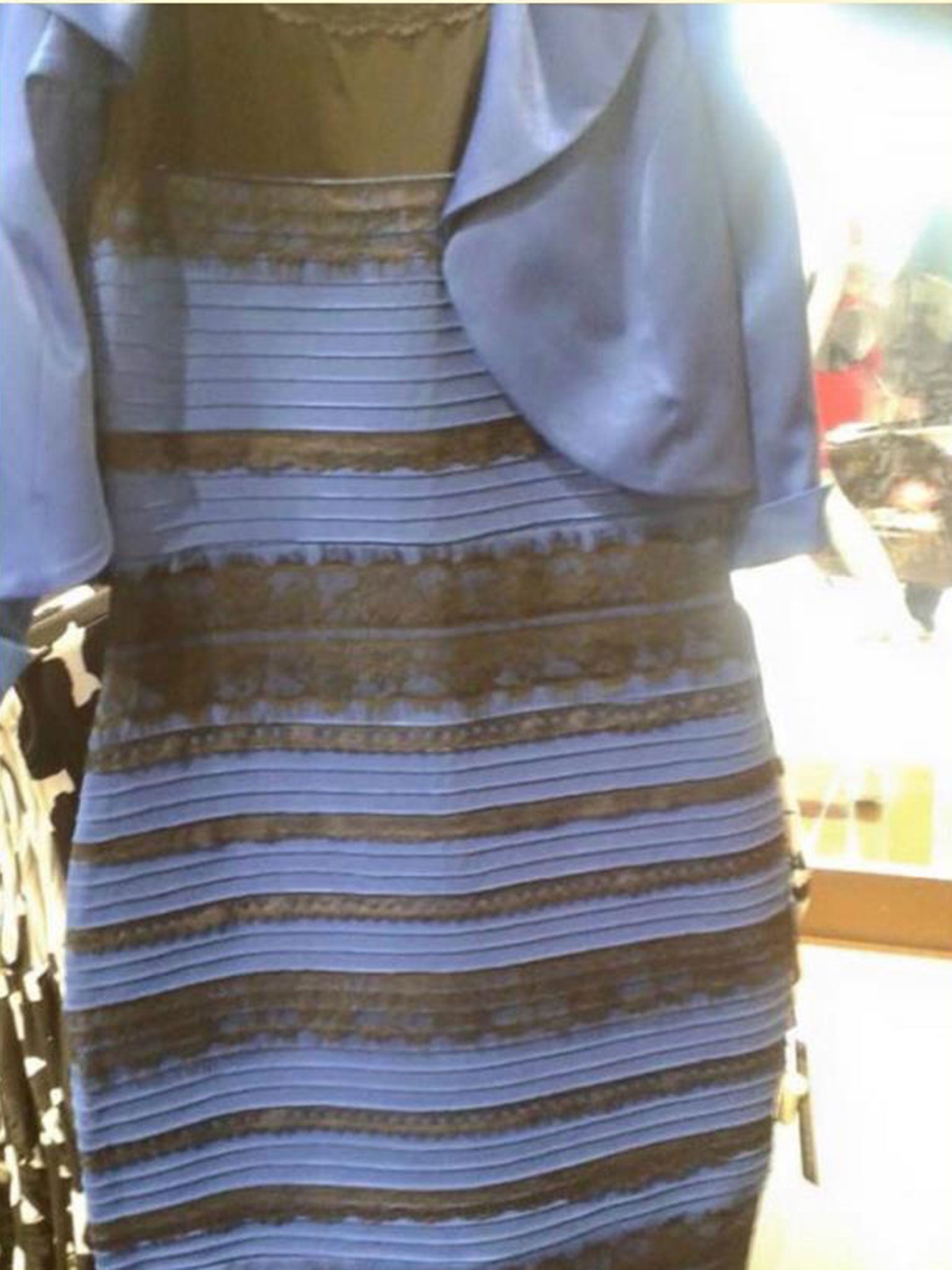In 2015, a photograph of a dress sparked an unprecedented debate across social media platforms, leaving millions wondering whether the dress was black and blue or white and gold. The image, initially shared on Tumblr, quickly became a viral phenomenon, captivating the attention of users worldwide and igniting discussions about color perception and the science behind it. This debate was not just about fashion—it was also a fascinating exploration of how our brains interpret colors, leading to a divide that seemed to split the internet into two camps.
The dress in question is actually from British brand Roman Originals, and it retails for £50. Despite the controversies surrounding its color, the dress is available in various shades, but none of them are the debated gold and white. This article delves into the origins of the dress, the science behind the color perception, and the impact of social media on public opinion.
Table of Contents
- The Origins of the Dress
- The Science Behind Color Perception
- The Viral Social Media Sensation
- Final Thoughts on the Debate
The Origins of the Dress
The infamous dress was first shared online by Caitlin McNeill, who took a picture of it to send to her daughter, who was unsure about the color. The confusion surrounding the dress's color sparked a massive debate on social media, with users passionately arguing their perspectives. Some viewed it as black and blue, while others insisted it was white and gold.
The image quickly spread, leading to widespread discussions on platforms like Tumblr, Twitter, and Facebook. This led to a fascinating exploration of how color perception can vary drastically among individuals, influenced by lighting, background, and individual differences in vision.
The Science Behind Color Perception
The debate over the dress's color can be attributed to the phenomenon known as color constancy. This is the ability of the brain to perceive colors consistently under varying lighting conditions. As a result, some viewers discounted the blue tones in the photo, leading them to see the dress as white and gold, while others saw black and blue by discounting the warmer tones.
Experts in visual perception have explained how our brains interpret the image based on our surroundings and the context provided. Factors like the color of the light source and the surrounding colors can significantly influence how we perceive a particular color. This scientific perspective highlights just how subjective our understanding of color can be!
The Viral Social Media Sensation
The dress's viral status can be attributed to its captivating nature and the emotional responses it evoked from users. The hashtags associated with the dress, such as #TheDress, gained traction as people took to social media to express their views. Memes, jokes, and even serious discussions emerged, creating an engaging dialogue that spanned across various demographics.
Media outlets jumped in on the action, publishing articles and conducting polls to gauge public opinion. This phenomenon showed how social media could amplify a simple image into a global conversation, illustrating the power of digital communication in shaping perceptions.
Final Thoughts on the Debate
The dress may be just a piece of clothing, but its impact on culture and social media is undeniably significant. It serves as a reminder of the complexities of human perception and how easily a single image can capture the attention of millions. The debate surrounding the dress encourages us to consider the subjective nature of our viewpoints and the science that influences them.
To this day, the dress remains a topic of discussion and is often referenced in conversations about color perception and social media phenomena. Whether you see it as black and blue or white and gold, the dress has undeniably left its mark on the internet and our collective memory!





